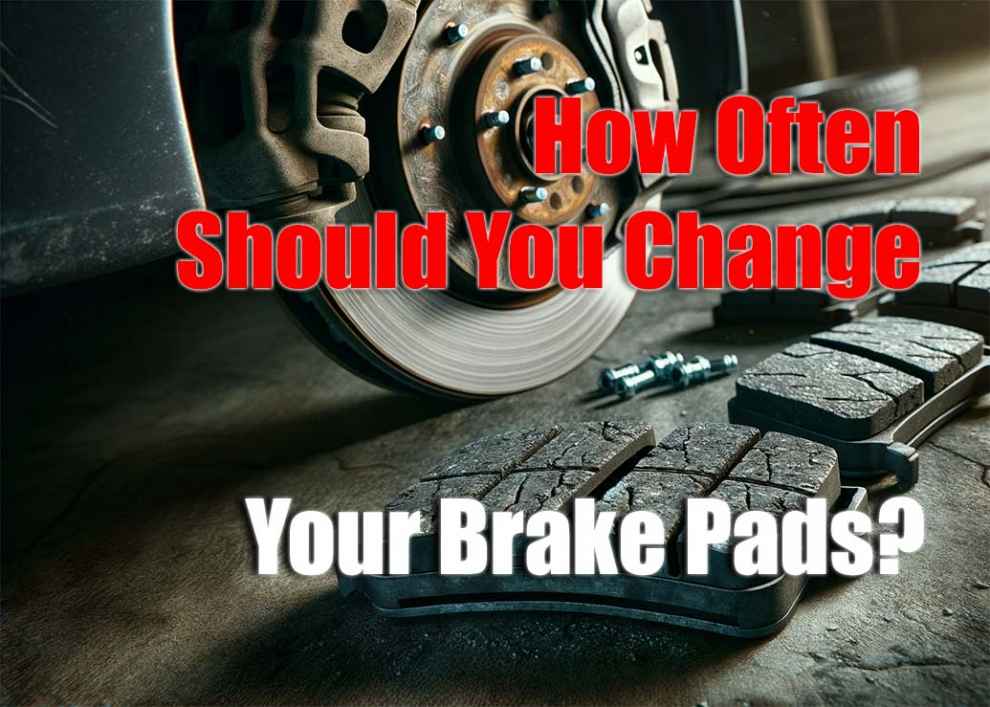Knowing when to change your brake pads is important for safe driving. Worn out brake pads can greatly reduce braking power and lead to unpredictable stopping distances. This article provides an overview of when to change brake pads, signs they need replacing, and recommendations for replacement intervals. For more specialized information on installing brakes on certain vehicle models, check our other articles like one detailing brake replacement on Jeep Grand Cherokees. But for now, let’s get back to the basics on brake pad replacement timing and signs of wear.
This article will cover how often to change brake pads, indicators they need replacing, and suggested timelines for routine brake pad replacement. Properly maintaining your brakes through timely pad changes helps ensure safe braking power.
When to Change Brake Pads

Conversely, if your driving is mostly light braking on flat roads, you may be able to go 50,000 miles or even more before needing new pads. The best way to know is through visual inspections and measuring pad thickness periodically.
Signs Your Brake Pads Need Replacing
Here are some signs that indicate your brake pads should be replaced:
-
High-pitched squealing or screeching when braking – this means the pad material has worn down completely in spots and the metal backing is grinding against the rotor.
-
Vibrations in the steering wheel or brake pedal when braking – uneven pad wear can cause throbbing as the rotors spin.
-
Longer stopping distances – worn pads reduce braking friction and power.
-
Brake pedal goes closer to the floor before stopping – another sign of reduced pad friction.
-
Visible damage – inspect pads periodically for extreme wear, cracking, or chunks of missing material.
How Often Should You Change Brake Pads

Drivers in stop-and-go city traffic or mountainous areas may need to replace pads as often as every 25,000-35,000 miles. Those with minimal braking demands on flat roads could potentially go up to 80,000 miles between replacements. The best guideline is to check pad thickness periodically and watch for signs they need replacing. Also replace in pairs on the same axle to prevent braking imbalance. Properly maintaining brake pads through timely replacement as recommended for how often to change brake pads helps ensure safe braking power.
Conclusion
Knowing when to change brake pads is critical for continued safe operation of your vehicle. Inspect brake pads regularly and watch for signs of excessive wear. For average driving conditions, plan to replace pads somewhere between 30,000 to 70,000 miles. Be sure to check the brake system thoroughly after changing pads before driving the vehicle. More details on actually changing pads yourself can be found in our other articles, but are not covered here. Stay safe on the roads by always having brakes in prime condition through timely brake pad replacement as recommended for how often to change brake pads.

Add Comment